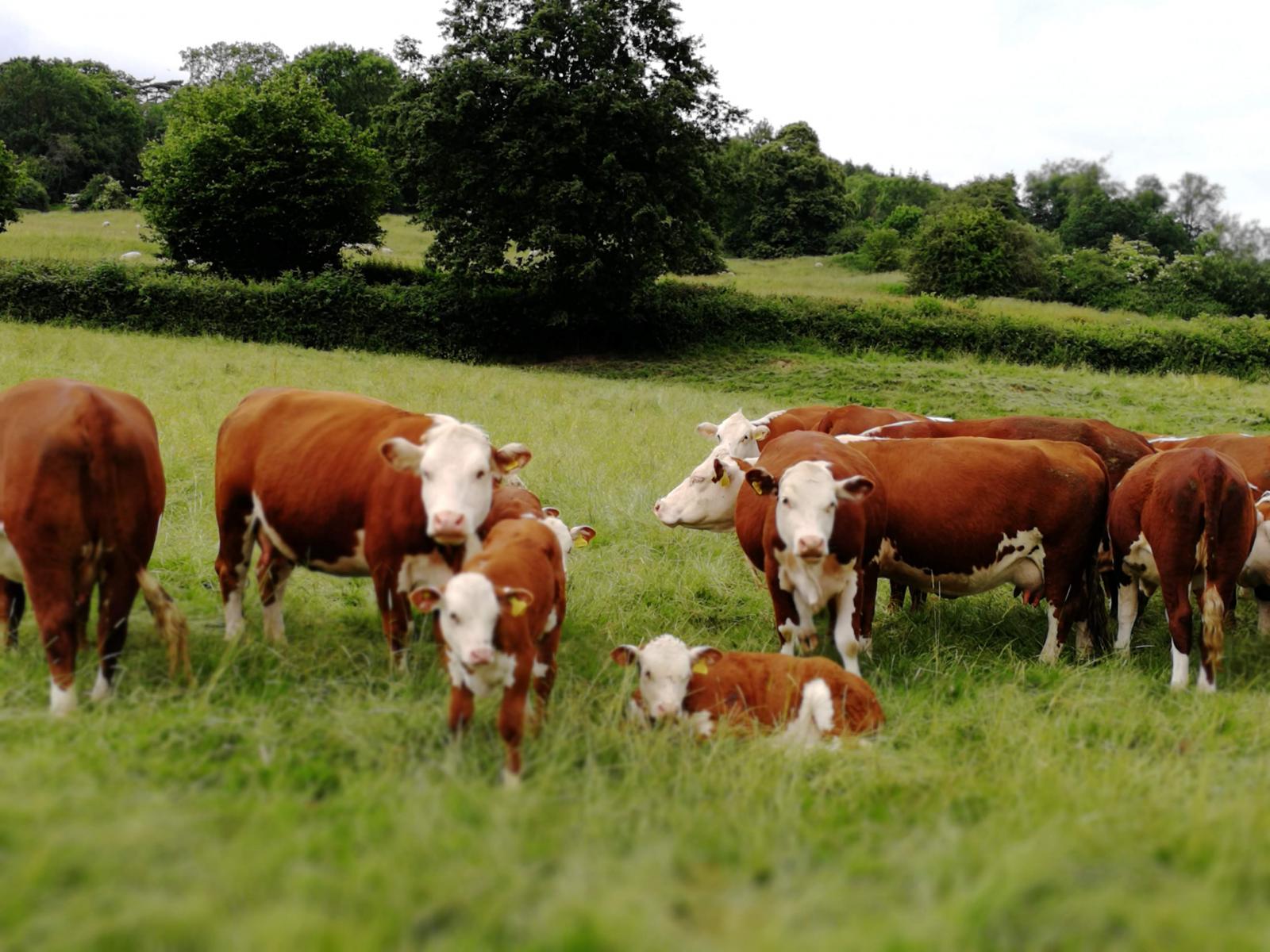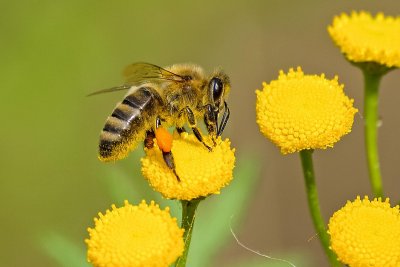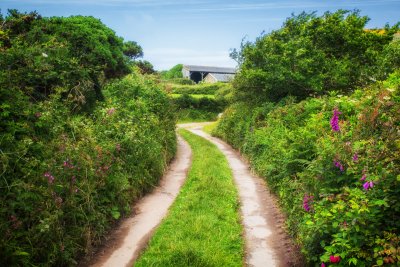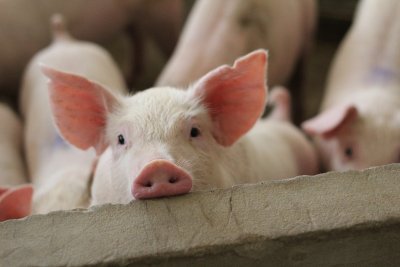News • Sustainable Farming Campaign
The external cost of food calculated in a Life Cycle Assessment
A new Life Cycle Assessment (LCA) study has calculated the external climate costs of different food stuffs (meat, dairy and plants) in Germany, with a comparison of conventional and organic.

In general, the data suggests that organic has a lower cost across the board when everything is taken into account. This includes not just the emissions from the farm, but any additional emissions from imported goods such as synthetic fertiliser or animal feed.
Maximilian Pieper et al. - 'Calculation of external climate costs for food highlights inadequate pricing of animal products'
Interestingly, if the true cost was reflected in prices from producer through to consumer, the report proposes the price gap (i.e. what the consumer pays) between conventional and organic food would be considerably less, making organic much more competitive. This could lead to an increase in the demand for organic, providing greater market opportunities for conventional farming to transition into more sustainable whole farm organic systems.
Another point raised in the paper, is that an increased price in meat would potentially lead to less but better quality being consumed, with more fruits and vegetables consumption as a result. The freeing up of land from the growing of animal feed could help facilitate an increase in the area of farmland producing fruits, vegetables, nuts and pulses for direct human consumption.
The paper goes on to suggest that this shift to more organic farms could also produce other synergies, such as helping to increase biodiversity or reduce diffuse pollution to water. However, it also highlights the potential drop in productivity during organic conversion, but that over time these systems (once soil health is rebuilt etc.) can maintain yields if well-designed and implemented.
At Sustain, we see some livestock as having a clear role in the farming system based on a 'less and better model'. Not only can manure be a soil health builder, but so are the grazing behaviours of animals. Much of the UK cannot be cropped and well-designed and managed whole farm systems with livestock, whether part of a crop rotation or on permanent pasture, with trees in a silvopasture system, can help boost biodiversity and increase soil carbon sequestration and storage potential. A recent article in The Conversation discusses the potential for farming and forestry to co-exist, showing how they can be co-beneficial.
This LCA paper provides a useful case for a better approach to ruminant livestock farming based on pasture-fed principles. It also shows that the true cost of food is hidden which can be damaging for both people (those who produce it and those who consume it) and the planet. The conventional model of food production and supply has led to continued low farm incomes and the increase in ultra-processed food consumption has increased food-related public health problems (diabetes, obesity etc.).
You can read the full paper here.
Published Wednesday 16 December 2020
Sustainable Farming Campaign: Sustain encourages integration of sustainable food and farming into local, regional and national government policies.





